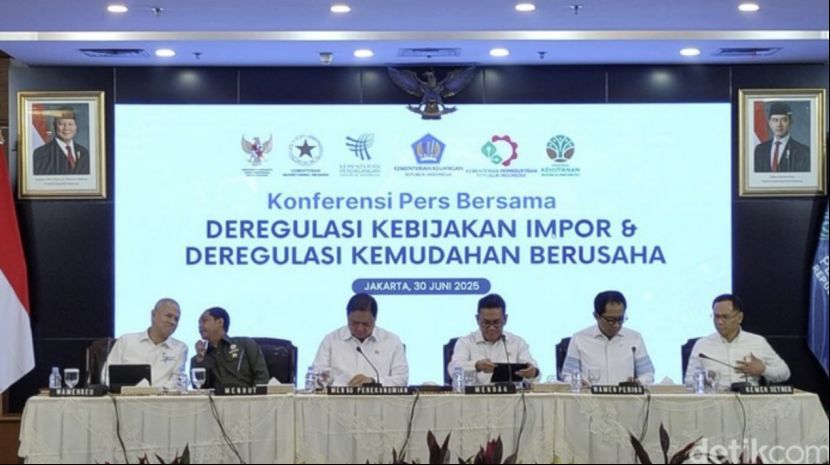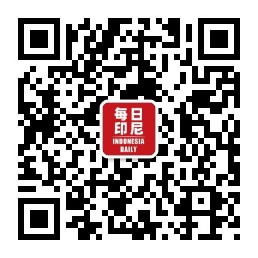Indonesia eases import restrictions on ten categories of goods

The Indonesian government yesterday officially announced the first round of deregulation policies aimed at facilitating business, enhancing the competitiveness of domestic industries, creating an ecosystem that supports employment, and increasing the resilience of the country's economy to cope with the uncertainty of global trade. The Minister of Economic Co-ordination and the Minister of Trade introduced the contents of the policy. Old regulations such as Trade Minister's Regulation No. 8 of 2024 and Trade Minister's Regulation No. 36 of 2023 were repealed, and nine new Trade Minister's Regulations were introduced, categorized by commodity clusters to facilitate future adjustments, specifically covering general policies and regulations on imports, textiles and textile products, agricultural and livestock products, salt and fishery commodities, chemicals, hazardous goods and mineral materials, electronic and telecommunication products, specific industrial products, consumer goods, non-new products and non-B3 waste imports. The new regulations come into effect two months from the date of promulgation to allow for system and infrastructure adaptation. With the exception of strategic goods, K3LM areas (safety, security, health, environment and moral hazard) and specific labor-intensive industries, the following 10 categories of goods have been eased and do not require import permits, and have been replaced with technical declarations: forest products (441 HS codes), subsidized fertilizers (7 HS), raw plastics (1 HS), saccharin, sweeteners, and alcohol-containing aromatic preparations (2 HS), other fuels (9 HS), specified chemicals (2 HS), pearls (4 HS), food trays (2 HS), shoe soles (6 HS, athletic shoes only), two- and three-wheeled bicycles (4 HS).
Textiles and Textile Products (TPT), including readymade garments and accessories, are still strictly regulated, requiring import licenses and technical considerations from the Ministry of Industry and relevant agencies, and are monitored at the borders, and safeguards for products such as yarn and curtains are still in the process of being renewed.The Trade Ministers' Regulation No. 25 of 2025 stipulates that, if the local government does not issue a franchise registration certificate within five working days, the certificate of registration serves as a business basis, shortening the waiting time for businesses. It also repeals four old domestic trade regulations related to trade business licenses, merchandise distribution regulations, annual corporate financial reports, and subsidized fertilizer purchases, avoiding overlapping regulations and providing clear guidelines for businesses. This deregulation is an important initiative by the Indonesian government to improve the business environment and enhance global competitiveness in a variety of areas such as imports and franchising, with the aim of promoting economic growth and job creation through simplified regulations.

